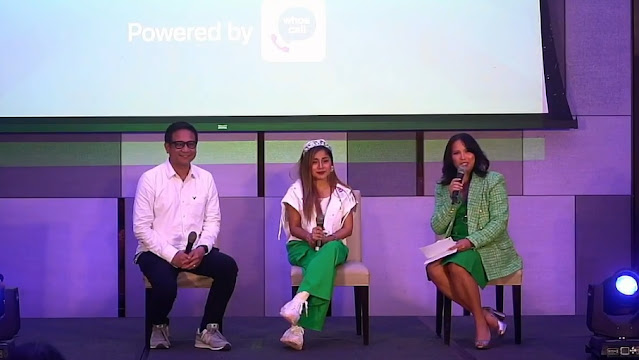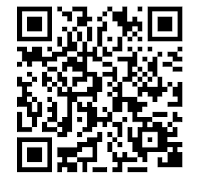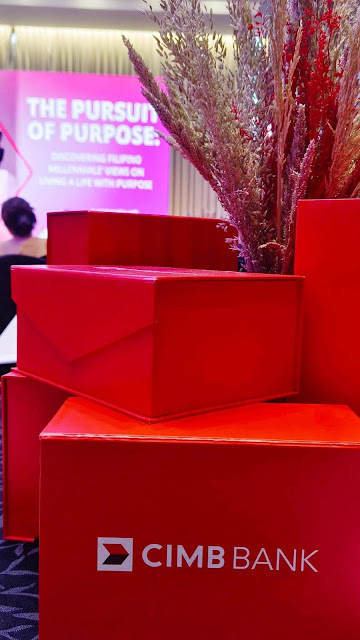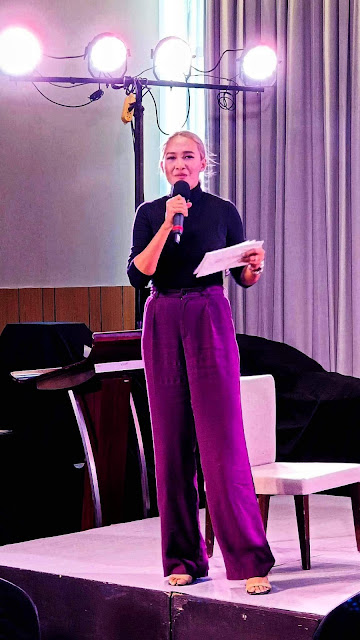
Have you been scammed online or through calls? Well, you're not alone. There are thousands of people who fall victim to these unscrupulous individuals every day. Yes, you can block numbers one by one, but it isn't a permanent solution. They can call you using a different number, or use a link to trick you into thinking it's a legitimate website.
Popular app "WhosCall" is now in the Philippines and is pushing for a Scam Free Pilipinas, a movement to put a stop to these scams. Their app is free to download (on Google Play and the App Store) and use database comparison for those unknown calls, with the aim to trustworthy communication wherever you are in the world. Aside from that, those unnecessary telemarketing and non business related calls could be identified, to of course, have less anxiety if someone calls you out of the blue. Scammers are also being so creative, but with Whoscall AI features, you can up your security.
At the New World Hotel in Makati, broadcaster Karen Davila, tech blogger Gian Viterbo, and youth leader Aileen Montalbo shared their real life experiences about being scammed. Albeit a bit on the techie side, they still fall prey, and this threat is real for a lot of Filipinos. For a safer mobile space, Whoscall was developed by Gogolook.
Jeff Kuo the CEO of Gogolook says "Our company was built by 3 college friends 3 years ago. We tried to raised funds to see our vision. We tried to explain the differences between communication types, and whoscall reveals the names of people behind numbers, to empower everyone on the internet. This is a community and partnership, with this, we can assure a scam free Pilipinas!"
COO of Gogolook Manwoo Joo says "We are happy to introduce Whoscall in Taiwan, HK, Thailand and other areas, we are excited to introduce it to the Philippine market. It's getting more high tech lately even after the pandemic. This will be one of the options to keep people from scams, our first campaign is about Scam Free Pilipinas, where our database will team up with telecom and government agencies, not only for metro areas but provinces too. Hope the things we did in other countries would be implemented well in the Philippines."
Gian also adds "You need to enable to block spam, Whoscall is a layer of security. I also advice to not to connect to public networks unless it's an emergency. I have installed it on iOS and my Android devices, it checks numbers, tells me when it's a scam and add new ones if needed."
Col. Joey Fontiveros of the Philippine Army says "The internet has been a source of vulnerability, complexity and criminals have been stealing information and do scams, frauds. It's a major concern for the military, by experience, you can often know how scams work. Even charities, trouble with the government, your family, a virus on your computer, could be something that scammers would say to get your account compromised. They want you to pay through crypto currency, electronic payment systems, and hackers can see what you do. We need to limit sharing of data, and this innovation is useful for all consumers whether you are connected to the internet or not."
With over 2.6 Billion numbers in their database, they can show you who's calling or sending the sms. You can also search for it, and see if there's a url or fraud links which you can do for free. They have collaborated with law enforcement and government agencies. Go download the app today and get yourself protected.






%20Facebook.png)

















